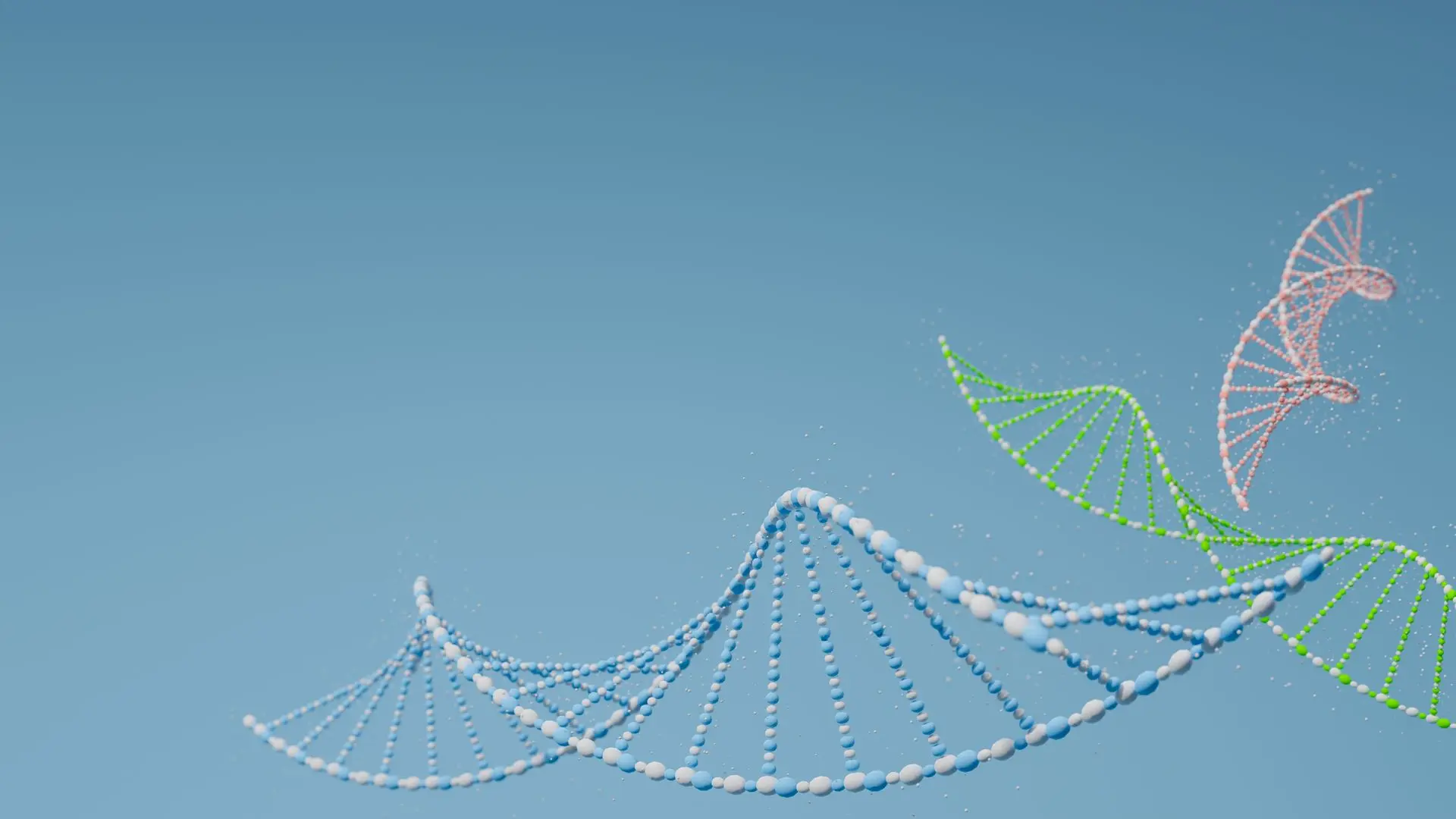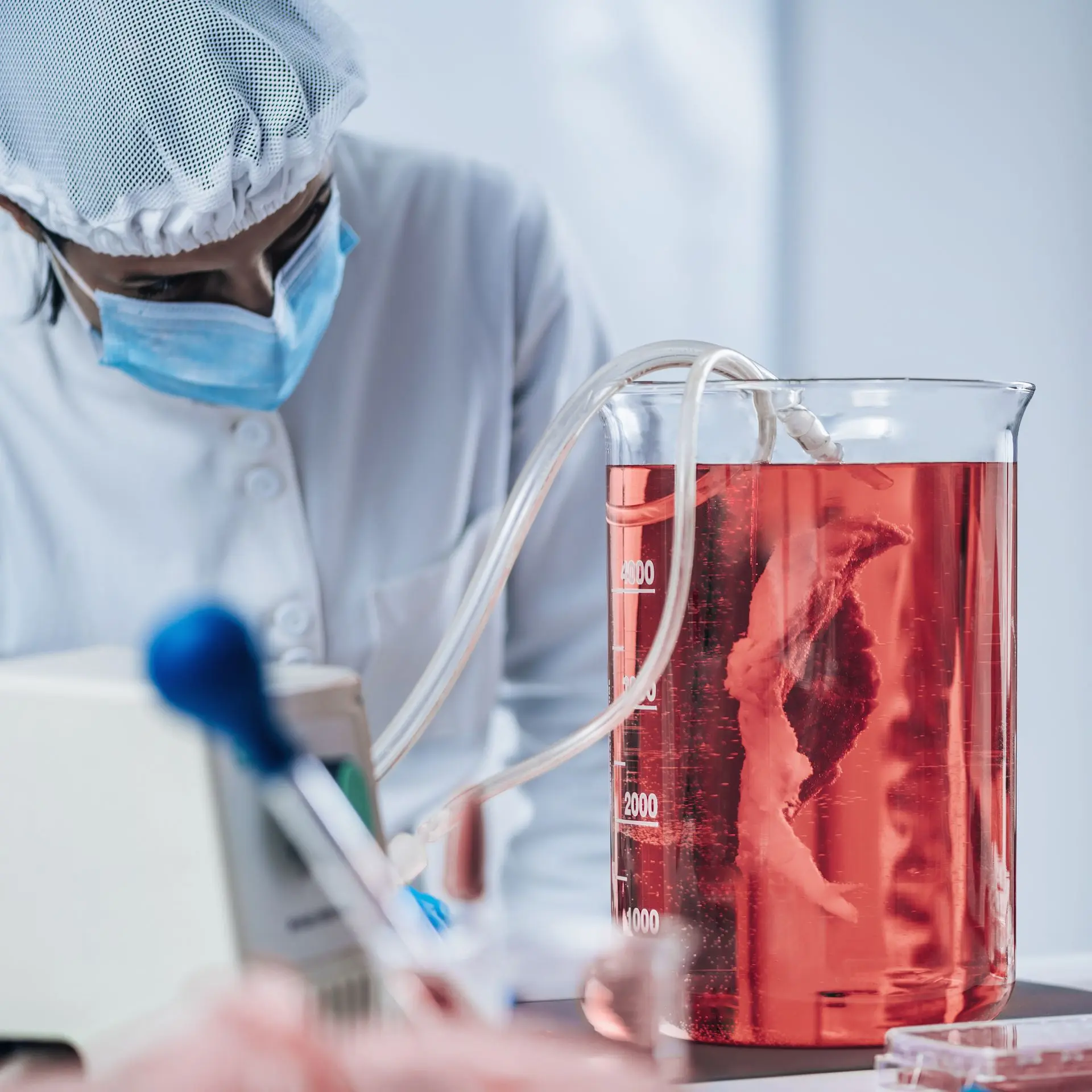Background:
The term Internationalization has become an integral part of university life and yet it is a term that remains unclear. Internationalization is no longer merely a consequence of ever expanding globalization but has taken on a dynamic of its own. Yesterday spoke of a global world without frontiers and were slowly forced to consider questions of internationalization. Today people are no longer forced to do so, on the contrary they welcome the chance to look beyond national horizons and learn from their neighbours. In this context internationalization entails an agenda with concrete policies and detailed strategies allowing both players and institutions to communicate and collaborate in the international sphere. This is of particular relevance in the field of medical education where mobility between different countries and health systems is already an integral and essential part of medical school life across the continent and beyond.

The International Medical School 2020 Project (IMS 2020) represents a structural network of medical schools funded by the EU Lifelong Learning Programme (LLP - ERASMUS) for a three year period. It was launched in October 2010 and completed in September 2013.
The final project results!
The network consisted of 6 leading European medical schools - Charité Berlin (Coordinator) Paris Descartes, University of Antwerp, Karolinska Institute, Medical University of Warsaw, Sapienza University of Rome -, one Australian partner (Monash University Melbourne) and two advisory partners: Brussels Education Services and the Centre for Higher Education Development (CHE).
The IMS 2020 network of medical schools aimed to study, learn from and act upon the impact of internationalization on the following three key issues. All three issues represent organizational aspects of medical schools at faculty level:
Quality Assurance
Staff Management and Training
Autonomy and Accountability
Each of the above was represented in the IMS 2020 project by a separate Task Force with it's own agenda, aims and results.
Final Conference Berlin, September 2013
Agenda
Presentations held at the conference:
magenta circle The IMS 2020 Project. Background and Philosphy - Ulrike Arnold
magenta circle IMS Label Methodology - Joanna Gajowniczek, Thomas Schlabs
magenta circle The Vision of a Future International Medical School - A. Grüters-Kieslich
magenta circle Academic Social Responsibility in the Context of Global Health - Antoine Flahault
magenta circle League of International Medical Schools - Karel van Liempt
Click on the picture to see the photo gallery
Site Visits
Resume of the site visits in spring 2013
Newsletters
magenta dot Final Newsletter (No. 7) - October 2013
magenta dot Newsletter No. 6 - July 2013
magenta dot Newsletter No. 5 - June 2013
magenta dot Newsletter No. 4 - January 2013
Latest projects

CHARITÉ UNIVERSITÄTSMEDIZIN BERLINcharite
The Charité represents the united medical schools and hospitals of the Free University and the Humboldt University of Berlin. The Charité has grown steadily in the course of its almost 300-year history and with the 2003 fusion of the two Berlin medical schools it became the largest medical school and university hospital system in Europe. The "new" Charité sees itself as a creative motor for life sciences and as a beacon for our knowledge-based society. The Charité continues to contribute to new medical discoveries and to be true to its traditional mission to secure "Excellence in Education, Research, Healing and Helping". The Charité employs nearly 14,000 staff and teaches approximately 6,000 medical students, 890 dental students, 440 nursing students and eight different postgraduate programmes. With the biggest ERASMUS exchange programme in Medicine in Europe, a variety of international Master- and PhD programmes and some of the most influential international research results in Europe the Charité is already well on on its way to becoming an international faculty of the future.

BRUSSELS EDUCATION SERVICESBrussels Education Services
Brussels Education Services was established in 2006 with the aim of promoting inter-university cooperation and encouraging university relations through international projects. Since its start in 2006 Brussels Education Services has had professional contact with numerous partners involved in the IMS 2020 Project. Brussels Education Services offers a hands-on, pro-active approach to the following services in the Higher Education and Research sector: project proposal writing, budgeting, project management, partner search, technical assistance, training and representation for EU institutions. As an IMS 2020 partner, Brussels Education Services will assist the coordinator with management tasks and contribute actively to work package dissemination and quality monitoring.

CHE CONSULTCHE consult
CHE Consult is a private research, further education and consulting institution with 18 staff members. CHE Consult focuses attention on areas such as HE funding, quality assurance, benchmarking, budgeting, marketing, and internationalization. CHE Consult has broad experience in conducting international comparative studies to develop new ideas and concepts. CHE Consult also works closely with individual HEIs and government institutions at national and international level to implement and further develop these concepts, exploring options for future development. CHE Consult disseminates new ideas and fosters dialogue in HE through workshops, conferences and publications. Via courses, seminars and workshops.CHE Consult also focuses on the further education and training of university staff (both academic & administrative). CHE Consult is experienced in working with large scale projects (e.g. a 1.8m€ project on demographic challenges to Higher Education).
Latest projects

UNIVERSITÉ PARIS DESCARTES
Paris Descartes
The Paris Descartes University Faculty of Medicine was created in 2004 when three existing faculties (Necker-Enfants Malades, Cochin-Saint Vincent de Paul and Broussais-Hôtel Dieu) were fused together. It is one of the leading faculties of medicine in France in terms of both student numbers and performance results. All teaching has a strong scientific basis, including bedside instruction and early introduction into clinical research and students receive continuous training throughout their subsequent careers. Patients are treated at "Assistance Publique-Hôpitaux de Paris" hospitals in western Paris, where all the major medical specialities are represented. The INSERM, CNRS and university laboratories affiliated to the faculty constitute one of the largest critical masses in Europe. They host both medical students and French and foreign scientists. Clinical, epidemiological and biological research is associated with the care service provided to patients. The teams involve focus on genetic, immunological (transplants), cardiovascular, infectious, haematological, cancerous, endocrine, ophthalmologic, renal and urological diseases.

UNIVERSITY OF ANTWERPUniversity of Antwerp
The University of Antwerp is a modern university with over 12,000 students of whom over1,000 are from foreign countries (mostly EU) on exchanges programmes. The University of Antwerp is characterized by its high standards in education, internationally competitive research and entrepreneurial approach. It offers 24 Bachelor, 40 Master and 48 Advanced Master degrees organized in 7 faculties, 48 centres and 18 institutes. It also boasts several internationally renowned research groups. The University of Antwerp is active in most EU funded programmes (Erasmus, Comenius, Grundtvig, Leonardo da Vinci, Tempus, Erasmus Mundus Master Courses & External Window, ESF, 7th Framework, EU/US, Asia-Link, Edulink ) and is involved in numerous international networks. This means that the University of Antwerp is an extremely reliable partner in international cooperation. The University of Antwerp strives to develop Master courses in cooperation with European partners culminating in a joint degree which is defined by expertise and a multidisciplinary approach.

SAPIENZA UNIVERSITY OF ROMELa Sapienza
The Sapienza University of Rome was founded in 1303 by Pope Boniface VIII as the first University in Rome and, with 145,000 students it is the largest University in Europe. The Sapienza University of Rome has over 4,500 professors and almost 5,000 administrative and technical staff. Over 30,000 students come from regions other than Lazio and there are over 7,000 foreign students. The Sapienza University of Rome offers a wide range of academic programmes including more than 300 first cycle and second cycle degree programmes and over 250 professional Master programmes (further education courses). As third cycle degrees, 119 postgraduate programmes and over 150 PhD programmes are offered, six of which are international PhDs. Together the university's 23 faculties, 112 departments and 30 centres devoted to scientific research plan and implement important scientific investigations in almost all disciplines, achieving high-standard results both on a national and an international level. At present the the Sapienza University of Rome also manages more than 1,000 inter-institutional agreements for the LLP Erasmus project cooperating with over 400 universities in all countries represented by the programme. Each year more than 1,000 incoming and outgoing exchange students. pass through the university's doors. Guests at the Sapienza University of Rome enjoy a wide range of services such as guidance and tutoring services (SOrT), information and reception (Urp, Ciao), a free transportation service (Minerva si muove), a helpdesk for people with disabilities, cafeterias, libraries, sporting facilities (Cus), cultural centres (Centro Teatro Ateneo, Istituzione Universitaria Concerti, Coro Franco Maria Saraceni, museum, laboratories, etc.), technological facilities (wireless network for free wireless connection, pc workstations, internet connections, digital libraries) and psychological counselling.
Latest projects

MEDICAL UNIVERSITY OF WARSAWMedical university of Warsawa
The Medical University of Warsaw aims at being a truly European institution and believes that medical education should have an international dimension, based on the European Qualifications Framework and supported by the scientific work shared by higher education and research institutions worldwide. The Medical University of Warsaw has over 10,000 students studying at 4 faculties (Medicine, Dentistry, Pharmacy and Health Sciences). The Medical University of Warsaw's main objective is to maintain the process of continuous improvement in the quality of teaching and development of international cooperation whilst simultaneously providing support for staff in the context of lifelong learning goals. The Medical University of Warsaw participates in the following Erasmus Networks: MEDINE2, DentEd III and DIETS . The university also offers medical teaching in English. For the Medical University of Warsaw international cooperation is one of the most important elements of university activity. In medical research the university has managed to establish highly respected international recognition and enjoys scientific research cooperation with numerous universities and research institutions worldwide. The Medical University of Warsaw is a member of the following prestigious international organisations: UNESCO, EUA, AMEE and ECTS-MA.

KAROLINSKA INSTITUTETKarolinska Institutet
The Karolinska Institutet is one of the world´s leading medical universities. Our mission is to contribute to the improvement of human health through research and education. The Karolinska Instituet accounts for over 40 per cent of the medical academic research conducted in Sweden and offers the country´s broadest range of education in medicine and health sciences. Since 1901 the Nobel Assembly at the Karolinska Institutet has selected the Nobel laureates in Physiology and Medicine. The Karolinska Institutet was founded by King Karl XIII in 1810 as an "academy for the training of skilled army surgeons". Today, the Karolinska Institute is a modern medical university and one of the foremost in the world. With our close relationship to the clinical milieu, a well established infrastructure and a stable financial situation, the Karolinska Institute has excellent prerequisites for sustaining high quality research and education.

MONASH UNIVERSITY MELBOURNEMonash University Logo
Monash University was established in Melbourne, Australia in 1958.
We are a youthful organisation, enthusiastic, optimistic and accessible. We believe quality education and research can change the world for the better.
